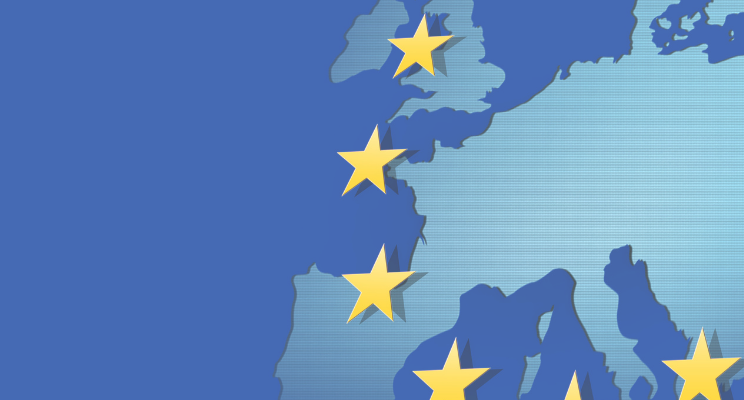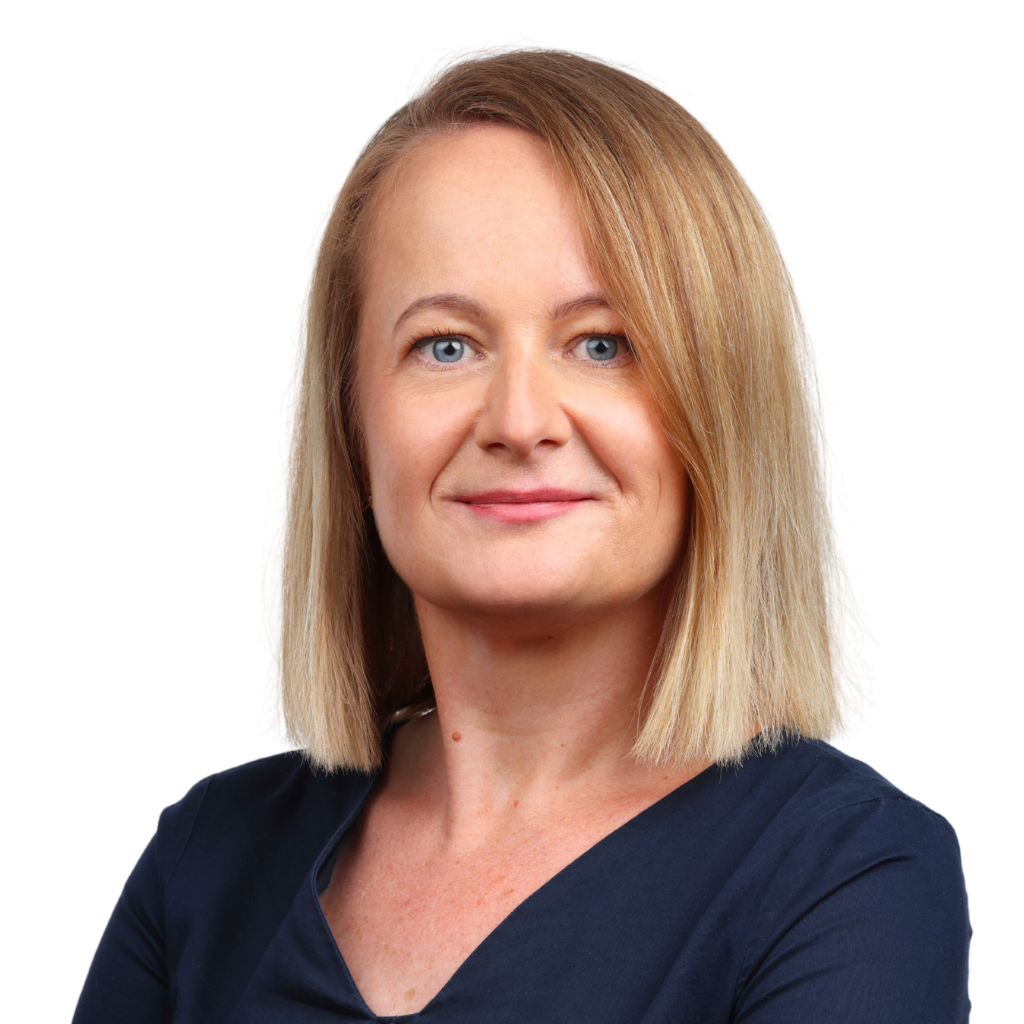Despite the pandemic, statistics from the European Union Intellectual Property Office (EUIPO) indicate a growing interest in the EU trademark and industrial design protection system. In 2020, the EUIPO received 176,987 applications for EU trademark (EUTM), which is a record number and an increase of more than 10% compared to 2019. In the case of community designs (RCDs), the annual increase in the number of applications was at a lower level – 3.62%, with 111,598 applications in 2020.
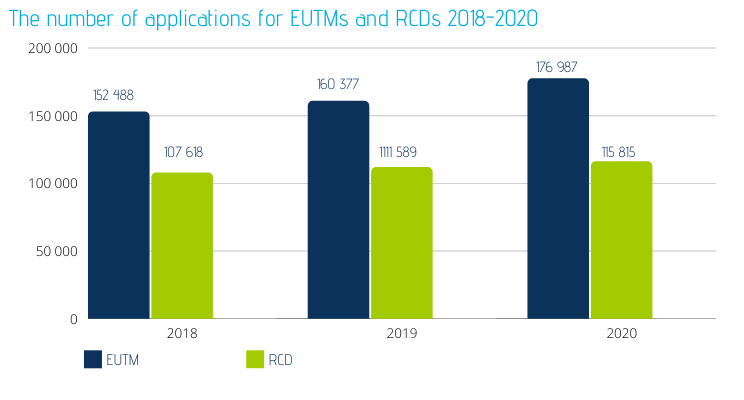
Last year, China came first before the previous leaders Germany and the USA with 28,689 trademark applications. Poland was ranked 9th in this ranking, with 4,903 applications and an almost 13% increase compared to 2019, outpacing countries like Switzerland, Austria, Denmark, Sweden or Japan. As far as industrial designs are concerned, Poland maintained its 7th place with 4,800 applications and a 2% increase compared to the previous year.
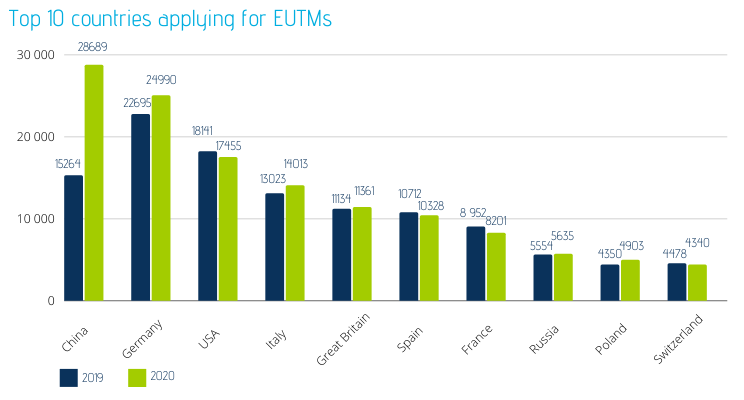
Source: EUIPO Consolidated Annual Activity Report 2020
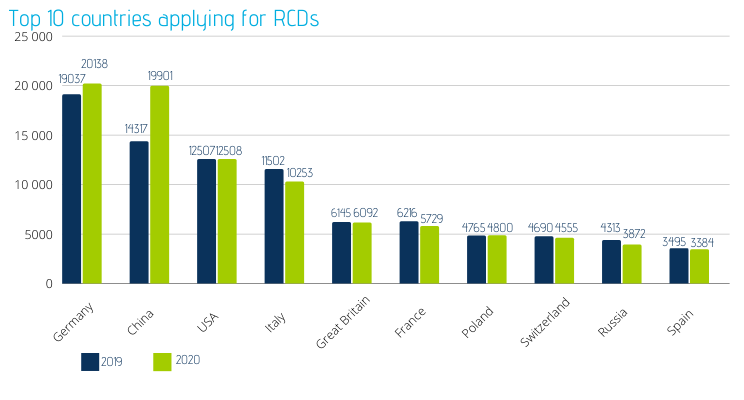
Source: EUIPO Consolidated Annual Activity Report 2020
Trademarks registered in the EUIPO by Polish entities concerned mostly advertising services and business management, apparatus, instruments and computers, as well as research and scientific and technical services. Subsequent categories indicate the activity of the cosmetics, chemical and pharmaceutical industries. This data is in line with the trends noticeable for all EUIPO trademark registrations.
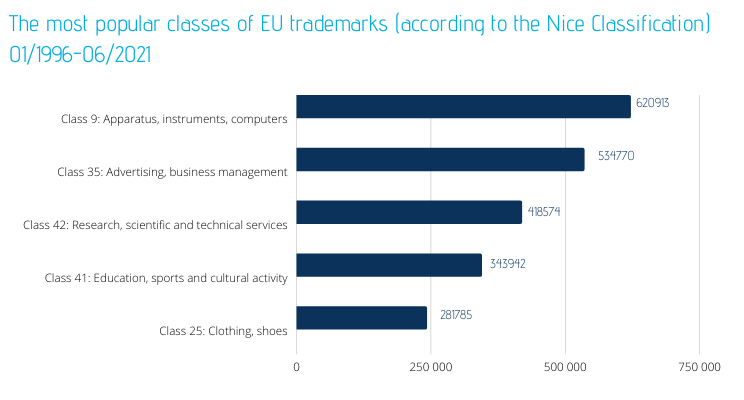
Source: EUIPO Statistics for European Union Trade Marks 1996-01 to 2021-06 Evolution
As far as the protection of community designs is concerned, Polish companies obtained the most registrations for furniture, building and construction elements, packaging and means of transport.
Among all registrations of industrial designs in the EUIPO, as in the case of Polish entities, the majority is made up by those related to furniture, followed by clothing and haberdashery articles, as well as equipment for recording, transmitting or reading information and lighting devices.
The growing trend of applications for EU trademarks and community designs from Poland despite the pandemic proves the increasing awareness of Polish entrepreneurs of the benefits of intellectual property protection on the European market and in electronic commerce.
What the expert says
Patent attorney Magdalena Maksimowska, Head of the Trademark and Industrial Designs Team, a partner at JWP Patent Attorneys – a company which, according to EUIPO data, is currently filing the biggest number of EU trademarks for Polish entities – answers questions regarding the protection of trademarks and industrial designs in the EU system.
An increase by over 12% in the number of trademark applications from Poland in the EUIPO in 2020 shows that the interest of domestic entrepreneurs in the protection of designations and designs in the EU system is constantly growing. What is the reason for this interest?
The EU system allows to obtain a uniform exclusive right in the territory of all EU member states. I think that this territorial aspect is the main argument for entrepreneurs who want to open up to foreign markets. Present conditions require operating on a larger scale, not just the local one. And thanks to the right to the EU trademark or the community design for a relatively small fee (compared to the costs of obtaining protection only in the PPO, for instance), entrepreneurs can apply for the protection of their designations on the European market – it is an encouraging prospect, allowing for a wide range of possibilities.
The relative ease of obtaining registration of a trademark and industrial design in the EUIPO may also give rise to abuses. In the case of the EU system, can the phenomenon of applications filed in bad faith or even trademark trolls be observed?
The EU regime requires entrepreneurs to monitor their exclusive rights. The EUIPO does not examine issues like filing for someone else’s trademarks or filing in bad faith of its own accord. Nevertheless, the EU register is – in my opinion – quite tight, which probably results from the fact that the Applicants are increasingly better educated and know that exclusive rights are to be monitored and that they need to react on an ongoing basis if something disturbing appears in the registers. The trademark monitoring service has now become a certain standard, which no self-respecting entrepreneur can afford to lack. Any unlawful applications are therefore eliminated on an ongoing basis, for example through opposition procedures. Our customers are also fully aware of such instruments, which I think also influences the popularity of the EU trademark and industrial design protection system.
Let’s imagine a situation in which a manufacturer of children’s bicycles, which sell really well on one of the global online platforms, who doesn’t have an EU registration for the designation of the bicycles, is blocked because another company that wants to commence with the sale of similar products resembling those already on the market submits a certificate of registration of an identical EU trademark for these very products. What can an entrepreneur without an EU registration do when someone submits an application for a similar or identical designation or design to the EUIPO and, based on that, tries to block the sale of the entrepreneur’s products, e.g. on online sales platforms?
In such cases, the question arises not only about the priority of formal registration, but also, in the case of trademarks, about who was the first person to actually have started using a given designation on the market. The issue is complex and depends on the circumstances of a particular case. Nonetheless, there are contentious procedures which allow the rights already granted to be waived. This requires getting into a dispute, which can be costly and time-consuming, as well as proving, for example, the lack of novelty in the case of industrial designs. Therefore, it is better to prevent such situations from happening and to provide ourselves with exclusive protection in the EU in advance by applying for the relevant exclusive rights before we introduce the product in question to the market.
What should an entrepreneur applying for EUIPO marks and designs bear in mind? Is there anything to be avoided?
My practice shows that it is crucial to develop a thoughtful application strategy, which is tailored to the client’s specific needs, whether in terms of designations or designs. We need to plan our actions realistically, but prospectively, so that we do not miss anything in terms of the exclusive protection that we will apply for at the EUIPO. As always, it is good to be original and creative, so let’s avoid imitation. Instead, let us run our imagination wild in creating new designations and designs.
